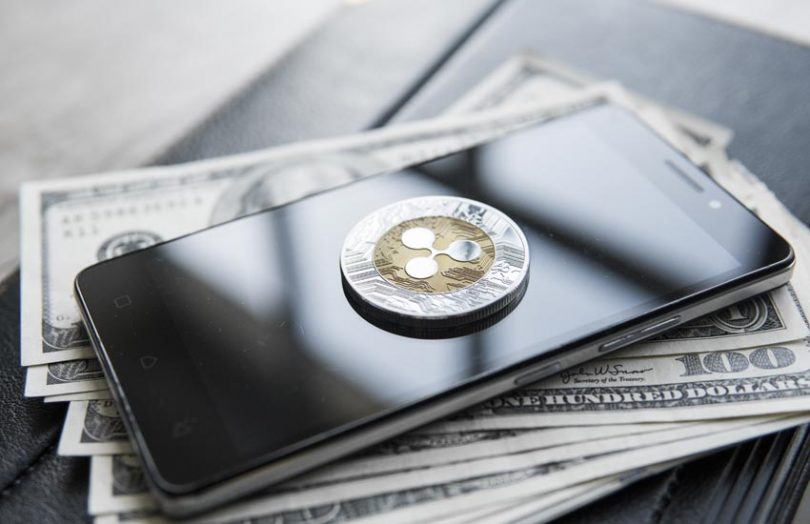Yesterday, Ripple announced it crossed the 300 customers mark on its blockchain cross-border payments network RippleNet. The platform is run by banks, financial institutions and payment providers working to speed up remittance transactions.
Until recently, Ripple had two main products called xCurrent and xRapid on RippleNet. The former is a messaging system for payments which competes with SWIFT. The latter uses Ripple’s digital currency XRP for fund transfers.
However, the two were merged into theRippleNet brand, with xRapid rebranded as On-Demand Liquidity (ODL) which leverages XRP. The solution was announced last year and eliminates the need for pre-funding in cross-border payments. XRP is exchanged between parties rather than using conventional bank accounts.
For big banks, RippleNet (without XRP) is the preferred choice due to their existing relationships with other banks around the world. ODL appeals to payments companies and non-banking institutions which have to open overseas accounts to pre-fund their transfers. Using XRP, ODL members get higher liquidity and more cash on hand for doing business. But more importantly, many of these institutions struggle to open overseas bank accounts, because banks are wary of money laundering.
Ripple said ODL currently has 24 members including MoneyGram, goLance, Viamericas, FlashFX and Interbank Peru. The solution is now active in Mexico, Philippines, Australia and soon to launch in Brazil. Ripple plans to roll it out in additional payment corridors across APAC, EMEA and LATAM in 2020.
“Ripple’s On-Demand Liquidity enables us to send real-time payments and lower payment costs, as we are able to manage our liquidity more efficiently,” said Paul Dwyer, CEO of Viamericas.
Earlier this year, US-based money transfer company MoneyGram partnered with Ripple to use xRapid, now ODL. MoneyGram Chairman and CEO Alex Holmes had then said xRapid could “dramatically streamline [MoneyGram’s] global liquidity management.” Ripple invested in the firm.
Several financial institutions have joined RippleNet in the past few months. Last month, the UK’s Finastra collaborated with Ripple to enable its clients to use RippleNet for cross-border payments. That was a big win as technology company Finastra boasts many high profile banks as clients. However, Finastra is not using XRP for this.
Vietnam’s TPBank, Pakistan’s Faysal Bank and US-based PNC Bank are some of the recent adopters of RippleNet. Existing big banks using the messaging aspect include Standard Chartered and Santander.






